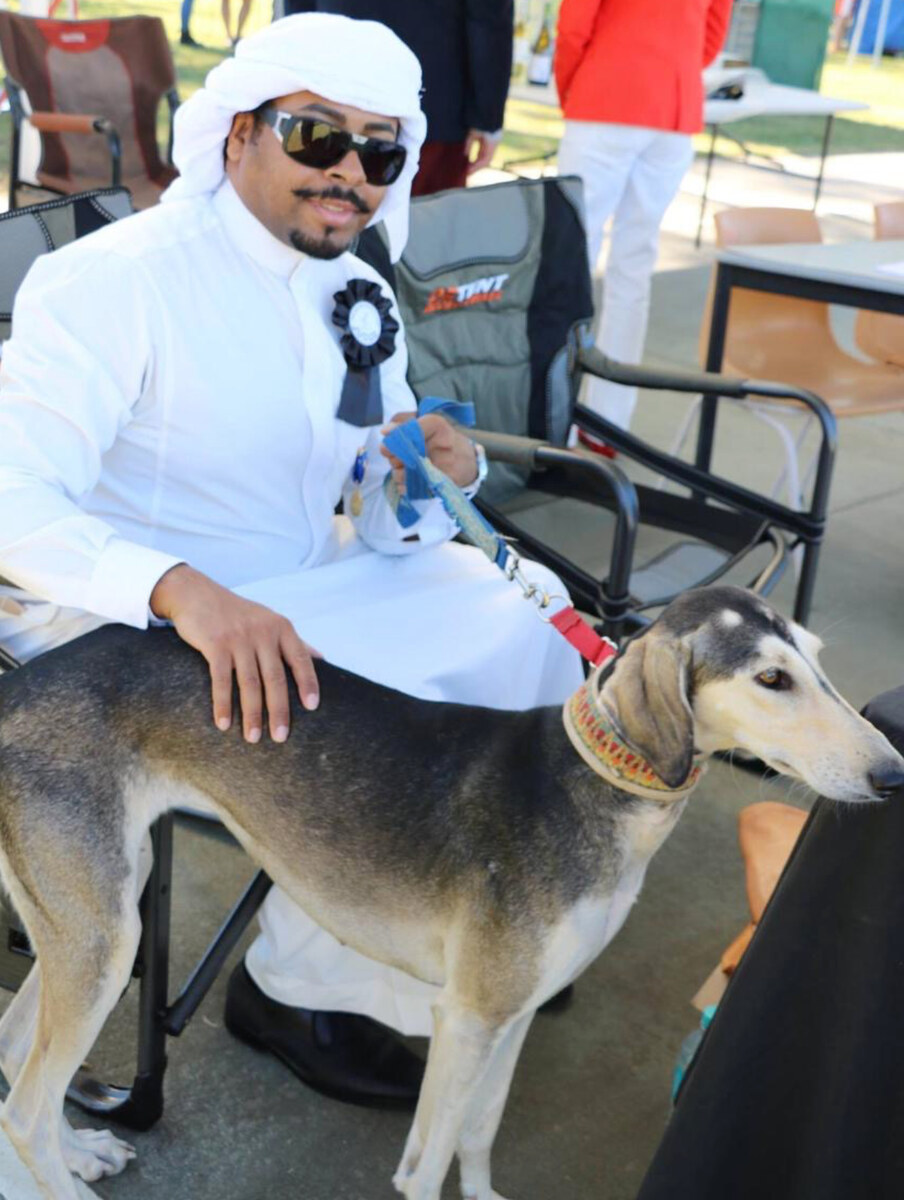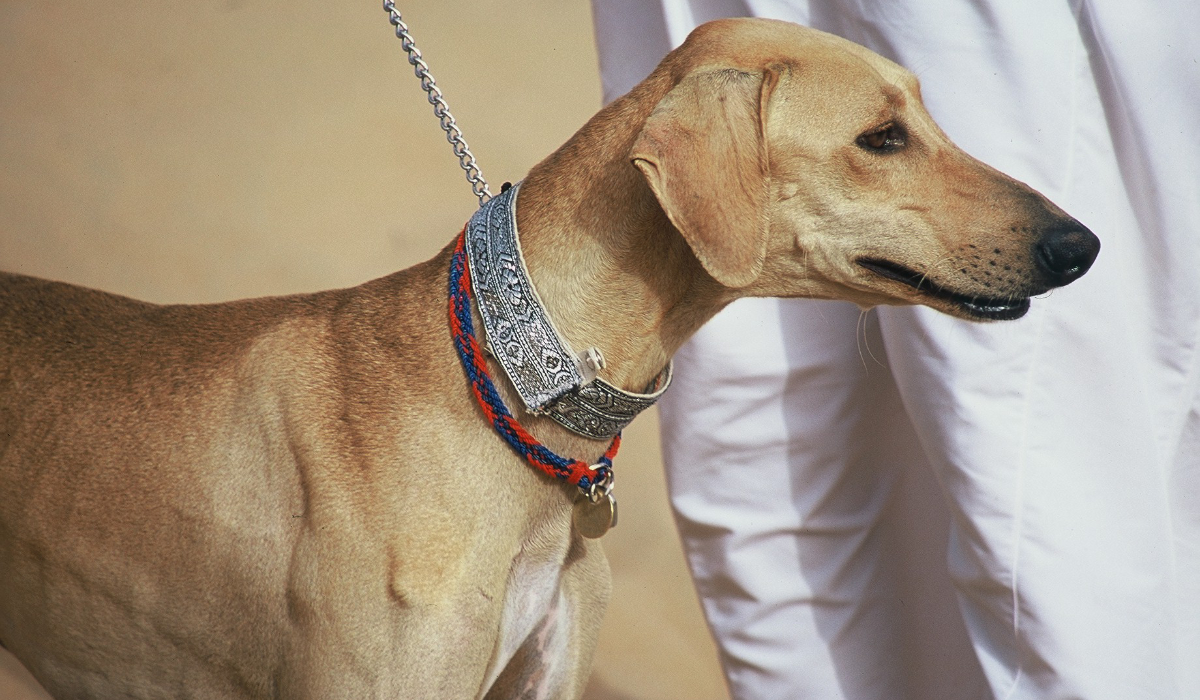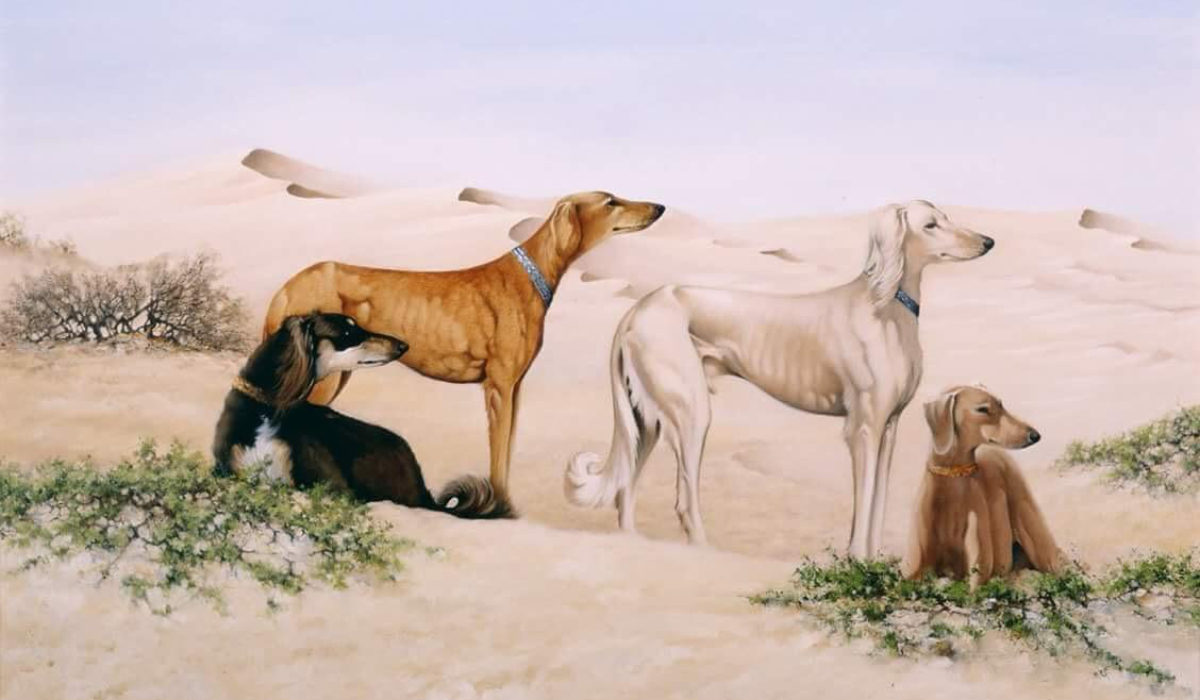RIYADH: King Salman chaired the Cabinet session held at Al-Yamamah Palace on Tuesday.
The Saudi Cabinet reiterated the Kingdom’s condemnation and denunciation of Iranian aggression and its violation of Iraqi sovereignty by targeting two Iraqi military bases in which international coalition forces to fight Daesh are located.
It also renewed its affirmation to stand with Iraqis to transcend everything that threatened its security, stability, and Arab affiliation.
The Kingdom urged the international community to work to compel Iran to respect the sovereignty of states in the Middle East, respect international laws and treaties, and stop undermining the security of the region.
The Custodian of the Two Holy Mosques King Salman chaired the Cabinet session, which was held at Al-Yamamah Palace.
He briefed the Cabinet about a telephone call with Australian Prime Minister Scott Morrison, the results of discussions with Prime Minister of Japan Shinzo Abe and the contents of a message received from Bahrain’s King Hamad bin Isa Al Khalifa.
The Cabinet expressed sincere condolences to Sultan Haitham bin Tariq bin Taimur of Oman, the Omani royal family, the Omani people, and the Islamic and Arab nations on the death of Sultan Qaboos bin Said.
It also congratulated Sultan Haitham bin Tariq bin Taimur on assuming power in Oman, wishing him all the best in continuing the sultanate’s march to prosperity and development.
The media minister, Turki bin Abdullah Al-Shabanah, said the Cabinet had reviewed works of the 44th Session of the Muslim World League Supreme Council held at the Holy Grand Mosque.
HIGHLIGHT
The Cabinet congratulated Sultan Haitham bin Tariq bin Taimur on assuming power in Oman, wishing him all the best in continuing the sultanate’s march to prosperity and development.
The Cabinet welcomed the opening of 12th Session of the International Petroleum Technology Conference 2020 currently being held for the first time in the Kingdom under the patronage of Crown Prince Mohammed bin Salman.
It was opened on his behalf by the energy minister in the presence of senior officials and leaders of the energy industry. The Cabinet said that the conference, which was being hosted by Saudi Aramco, was in line with the Kingdom’s Vision 2030 reform plan.
The media minister said that the Cabinet addressed the international progress achieved by the Kingdom in the field of providing humanitarian aid. The country ranked fifth place globally, and first place in the Arab world, according to the UN’s Financial Tracking Service, confirming that this result was due to the Saudi leadership’s support for humanitarian and relief work.


































